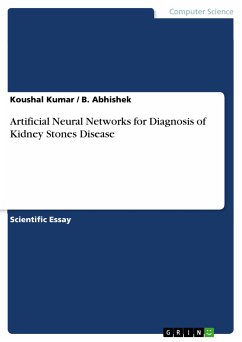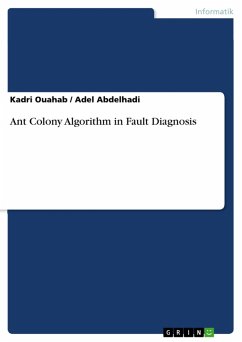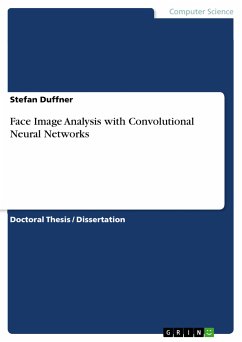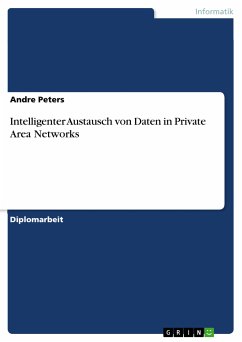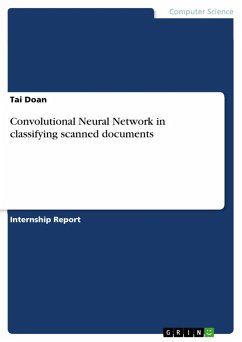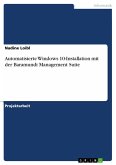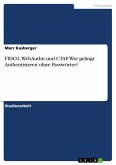Scientific Essay from the year 2012 in the subject Computer Science - Applied, Lovely Professional University, Punjab (Lovely Professional University), course: M.Tech in Computer Science & Engineering, language: English, abstract: Artificial Neural networks are often used as a powerful discriminating classifier for tasks in medical diagnosis for early detection of diseases. They have several advantages over parametric classifiers such as discriminate analysis. The objective of this paper is to diagnose kidney stone disease by using three different neural network algorithms which have different architecture and characteristics. The aim of this work is to compare the performance of all three neural networks on the basis of its accuracy, time taken to build model, and training data set size. We will use Learning vector quantization (LVQ), two layers feed forward perceptron trained with back propagation training algorithm and Radial basis function (RBF) networks for diagnosis of kidney stone disease. In this work we used Waikato Environment for Knowledge Analysis (WEKA) version 3.7.5 as simulation tool which is an open source tool. The data set we used for diagnosis is real world data with 1000 instances and 8 attributes. In the end part we check the performance comparison of different algorithms to propose the best algorithm for kidney stone diagnosis. So this will helps in early identification of kidney stone in patients and reduces the diagnosis time.
Dieser Download kann aus rechtlichen Gründen nur mit Rechnungsadresse in A, B, BG, CY, CZ, D, DK, EW, E, FIN, F, GR, HR, H, IRL, I, LT, L, LR, M, NL, PL, P, R, S, SLO, SK ausgeliefert werden.

